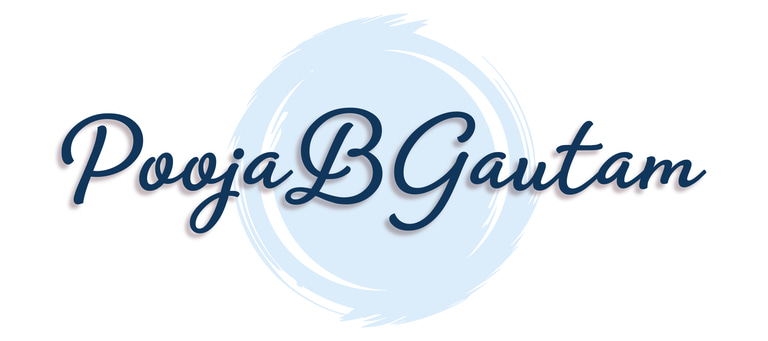How to Use Your Body Language to Ace Your Next Job Interview


You have polished your resume, perfected your cover letter, and landed an interview for your dream job. Congratulations! But don’t get too comfortable yet. There is one more thing you need to prepare for: your body language.
Body language is the nonverbal communication that you convey through your posture, gestures, facial expressions, eye contact, and voice. It can have a huge impact on how you are perceived by your interviewer, and whether you get hired or not.
So, how can you use your body language to impress your interviewer and show that you are the best fit for the job? Here are some tips to follow:
1. Dress for Success
Your appearance is the first thing that your interviewer will notice, so make sure you dress appropriately for the role and the company culture. Choose an outfit that is clean, comfortable, and professional, and that reflects your personality and confidence. Avoid wearing anything too tight, too loose, too flashy, or too casual. Also, pay attention to your grooming, hygiene, and accessories. You want to look neat, tidy, and ready for work.
2. Smile and Make Eye Contact
Smiling and making eye contact are two of the simplest and most effective ways to show your interest, enthusiasm, and friendliness in an interview. They can also help you establish rapport and trust with your interviewer, and make you seem more likable and competent. Try to smile genuinely and naturally, and avoid forcing or faking it. Also, maintain eye contact with your interviewer for about 60 to 70 percent of the time when you are speaking or listening, and avoid looking away, down, or around too much. However, don’t stare or glare, as that can come across as creepy or aggressive.
3. Sit Up Straight and Lean Forward
Your posture can reveal a lot about your attitude, confidence, and respect for your interviewer. Slouching, hunching, or leaning back can indicate boredom, arrogance, or defensiveness while sitting up straight and leaning forward can show eagerness, interest, and attentiveness. When you sit down, keep your back straight, your shoulders relaxed, and your feet flat on the floor. Lean slightly forward to show that you are engaged and listening, but don’t invade your interviewer’s personal space or make them feel uncomfortable.
4. Use Gestures Wisely
Gestures can help you emphasize your points, express your emotions, and add variety and energy to your speech. However, they can also distract, annoy, or confuse your interviewer if you use them too much, too little, or inappropriately. The key is to use gestures wisely and moderately and to match them with your words and tone. For example, you can use open-palm gestures to show honesty and openness, pointing gestures to show direction and focus, and nodding gestures to show agreement and understanding. Avoid crossing your arms, touching your face, or fidgeting with your hair, clothes, or objects, as these can signal nervousness, insecurity, or dishonesty.
5. Watch Your Voice and Tone
Your voice and tone can also affect how your interviewer perceives you and your message. You want to sound confident, clear, and calm and avoid sounding nervous, monotone, or rude. To achieve this, you need to pay attention to your volume, pitch, speed, and intonation. Speak loud enough to be heard, but not too loud to be shouting. Use a moderate pitch that is not too high or too low. Speak at a normal pace that is not too fast or too slow. And use a varied intonation that reflects your emotions and intentions. You can also use pauses, emphasis, and questions to add interest and engagement to your speech.
6. Mirror Your Interviewer
Mirroring is a technique that involves subtly copying or matching your interviewer’s body language, voice, and tone. It can help you create a connection and rapport with your interviewer and show that you are on the same page and in sync with them. However, mirroring should be done carefully and sparingly, and only when it feels natural and appropriate. Don’t mimic or imitate your interviewer, as that can be obvious and offensive. Instead, observe and adapt to their style and preferences, and try to match their level of energy, enthusiasm, and formality.
7. Be Yourself
While it is important to be mindful of your body language and how it affects your interview, it’s also important to be yourself and let your personality shine through. Don’t try to be someone you’re not, or act in a way that is unnatural or uncomfortable for you. Be authentic, genuine, and honest, and show your interviewer why you are unique and valuable. Remember, your body language is not only a way to impress your interviewer but also a way to express yourself and your fit for the job.
© 2025. All rights reserved.
Address
Arihant Paradiso, Ahinsa Khand 2, Indirapuram, Ghaziabad, 201014
Contacts
+91 93104 15691
contact@poojabgautam.com
